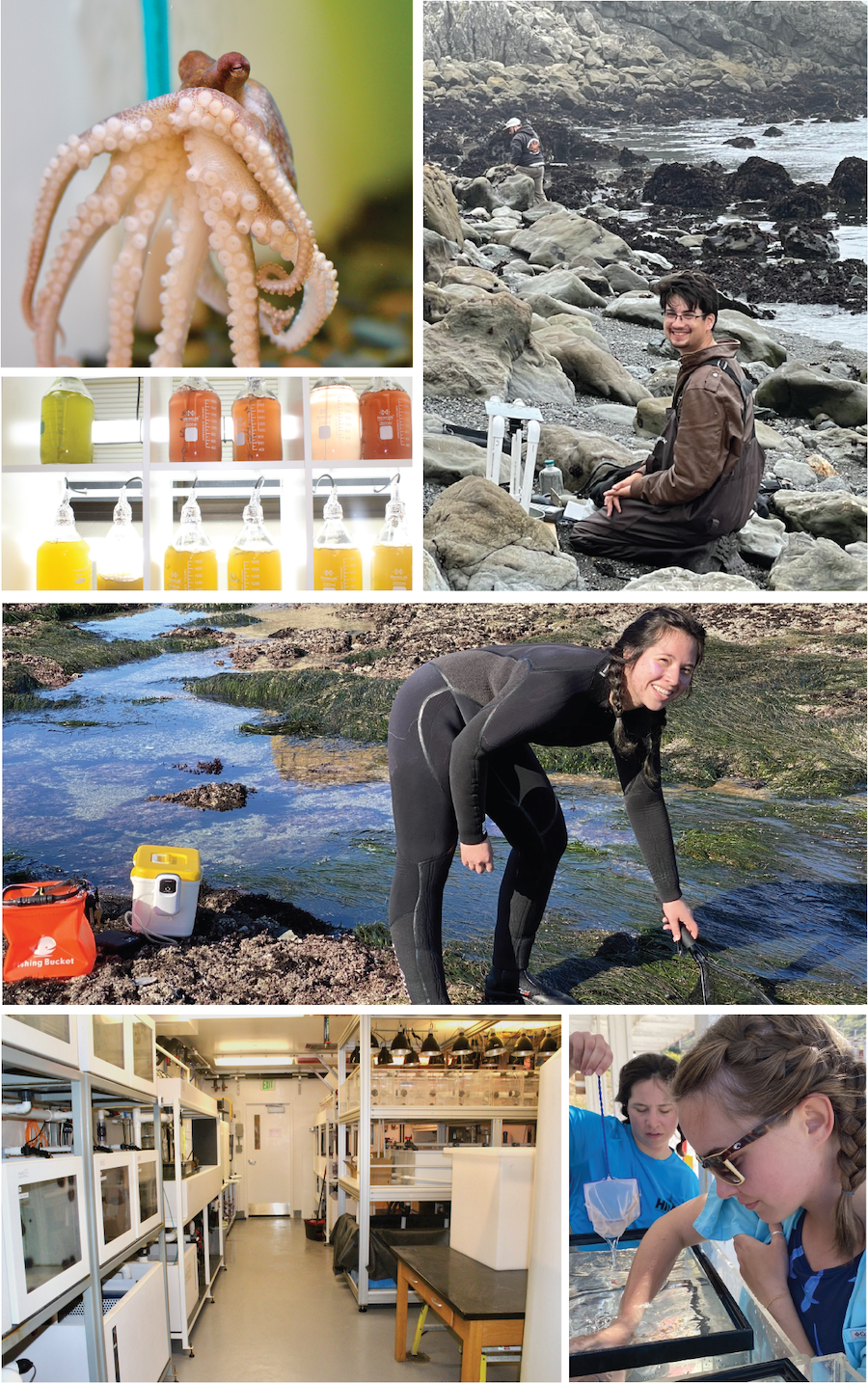This program offers students an opportunity to immerse themselves in the study of marine environments and the organisms that reside there. The B.S. in Marine Science is suited for students preparing for a variety of careers, such as academic research, aquatic scientist, teacher, naturalist, outdoor educator and state and government agencies including the National Park Service, State Parks and Recreation, Environmental Protection Agency and Water Quality Monitoring Agencies, as well as Non-Governmental organizations such as The Nature Conservancy and many others.
In all of our concentrations, research experiences in the labs of our world-class faculty and instructors are an integral part of student training. Hands-on experiences in our research labs, through the Biology Undergraduate Research Program (BURP), prepare our graduates for high-level jobs in industry or further training toward a higher degree.
Career options in Marine Biology and Limnology: This degree could be for you if you love working outdoors and being in and around water, or if you are interested in marine biology from a laboratory or bioinformatics perspective. In addition to working on marine and aquatic research projects, you might find yourself working at an aquarium, a zoo or in the aquaculture industry. You may also work for governmental agencies or non-profits to promote conservation of marine and aquatic environments. Alternatively, you could become an educator, healthcare provider or veterinarian.
SF State is fortunate to have an interdisciplinary Estuary and Ocean Science Center in the College of Science and Engineering. The Center is located on 25 acres of bayfront land on the east side of the Tiburon Peninsula, 22 miles from the main campus in Marin County north of the Golden Gate Bridge. The research and educational activities at EOS focus on estuarine and marine environments and include biological and chemical oceanography, ecological physiology and behavior, ecological and evolutionary genetics, marine microbiology and wetland restoration and ecology. Located on the site are laboratories, classrooms, offices, a greenhouse, an animal culturing and husbandry facility, a shared molecular facility and vessels for bay and coastal research. Selected marine and aquatic biology courses are taught at EOS each year.
